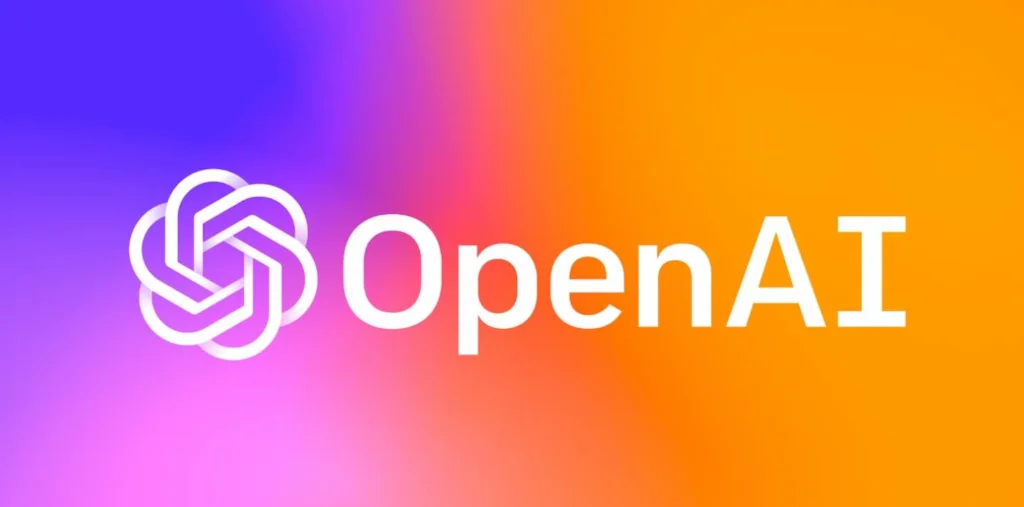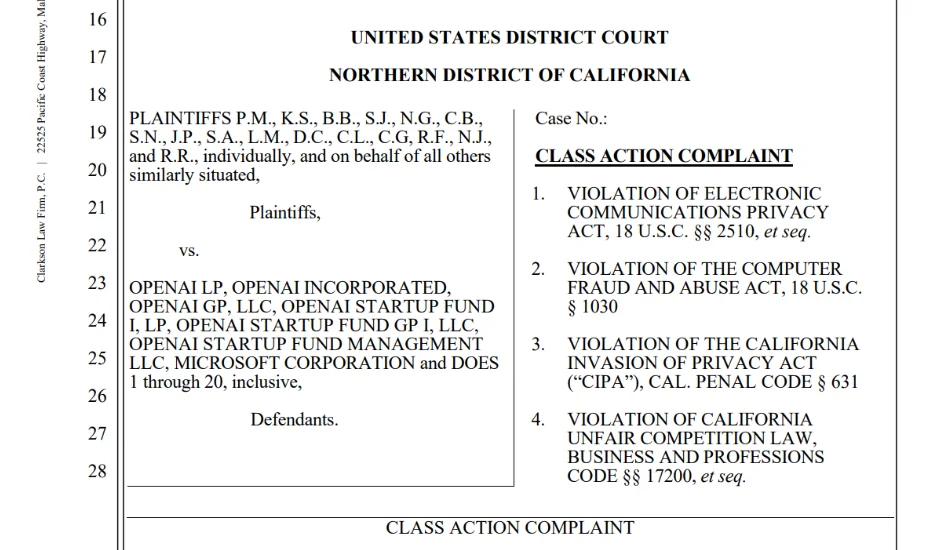OpenAI, the creator of the popular chatbot ChatGPT, is facing a class-action lawsuit in California for allegedly collecting private user information from the internet.

On June 28, Clarkson Law Firm filed a lawsuit in the United States District Court for the Northern District of California. The lawsuit alleges that OpenAI trained ChatGPT using millions of social media comments, blog posts, Wikipedia articles, and family recipes without the users’ consent.
Thus, OpenAI infringed upon the copyrights and privacy of millions of Internet users.

The 16 plaintiffs in the case asserted that Open AI unlawfully accessed private information from ChatGPT interactions. If these allegations are confirmed to be accurate, the accused will violate the Computer Fraud and Abuse Act, a law with a history of web crawling cases.
Microsoft, a significant investor in OpenAI, was also named in the lawsuit as a defendant.
In addition, the lawsuit claimed that OpenAI products “use stolen private information, including personally identifiable information, from hundreds of millions of Internet users, including children of all ages, without their informed consent or knowledge.”
“By collecting previously obscure personal data of millions and misappropriating it to develop a volatile, untested technology, OpenAI put everyone in a zone of risk that is incalculable – but unacceptable by any measure of responsible data protection and use,” Clarkson said.
Due to ChatGPT’s immense popularity, AI technology has garnered significant traction in the past year. The rise of AI technology has also prompted governments to take notice, with the United States and Europe already proposing legislation about the emerging industry.
On June 20, a bipartisan group of US legislators introduced the National AI Commission Act, a bill establishing a commission to examine the nation’s approach to artificial intelligence.
During the second week of June, the European Parliament also enacted the EU AI Act. The legislation would establish a governance and supervision framework for the artificial intelligence industry in the European Union.
